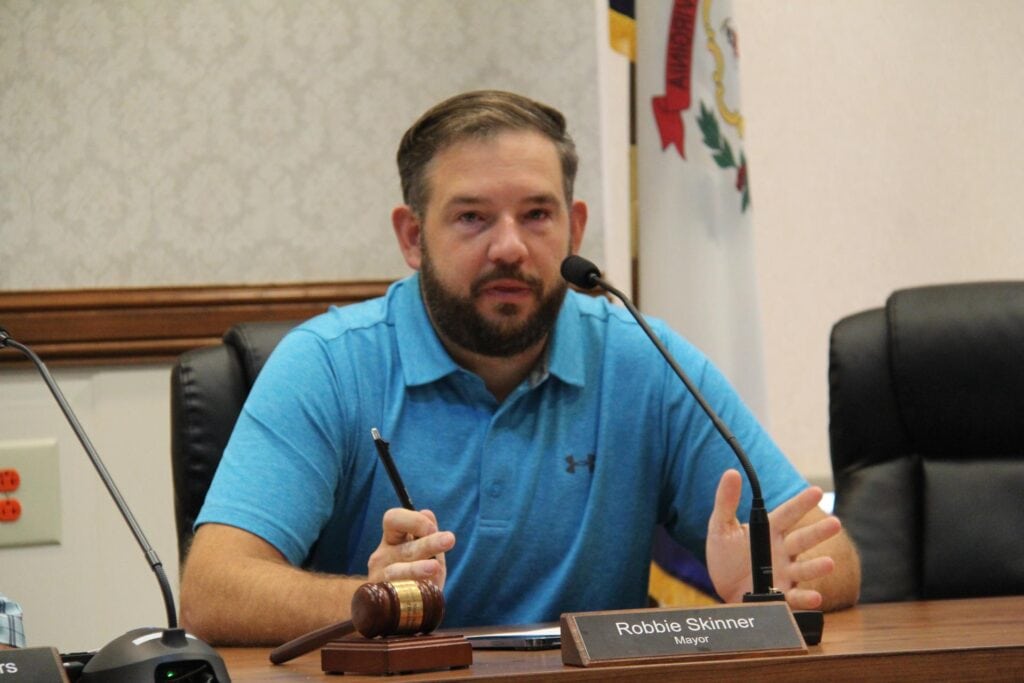CHARLESTON, W.Va. – The Food Research and Action Center (FRAC) announced that for the fifth year in a row, West Virginia is the top performing state in the nation for school breakfast participation. According the Center’s School Breakfast Scorecard, the state is ranked number one in participation of low-income students in the national School Breakfast Program.
In West Virginia last year, 83.7 low income students participated in school breakfasts for every 100 that participated in school lunch making it one of only two states that ranked above the national average and FRAC goal.
The West Virginia Department of Education’s (WVDE) Child Nutrition Program supports counties’ Grab-N-Go Breakfast, Breakfast in the Classroom and Breakfast After First Period programs to meet the needs of their students.
The WVDE continues to explore avenues to address childhood nutrition through policy and practice.
“We know that hungry children cannot learn and when we meet the nutritional needs of our students, student achievement increases and classroom disruptions decrease,” said West Virginia Superintendent of Schools, Dr. Steven Paine. “I am proud of the work our schools do every day to meet the needs of their students.”
On the average school day in the 2017-18 school year, the School Breakfast Program served 12.5 million low-income children across the country, according to the most recent FRAC data.
Nationally, 57 students participated in the School Breakfast Program per 100 that participated in the School Lunch Program. FRAC has set a national goal of 70 low income students per 100.
Continued support from the U.S. Department of Agriculture (USDA) as well as the West Virginia Board of Education (WVBE) has allowed for creative approaches to addressing childhood hunger.
The USDA’s advocacy for Farm-to-School programs has paved the way for sustainable food sources close to home, and last year the WVBE passed an update to the Shared Table Initiative following the passage of HB 4487, making it easier for schools to distribute unused food to students.
The WVDE’s childhood nutrition efforts mean that each day thousands of students have access to food that otherwise would not.
Many schools now participate in the At-Risk Supper Program that offers a third meal to students each weekday as well as backpack programs for students facing food insecurity on the weekends.













